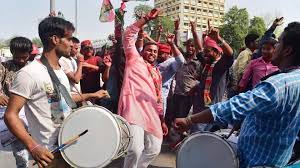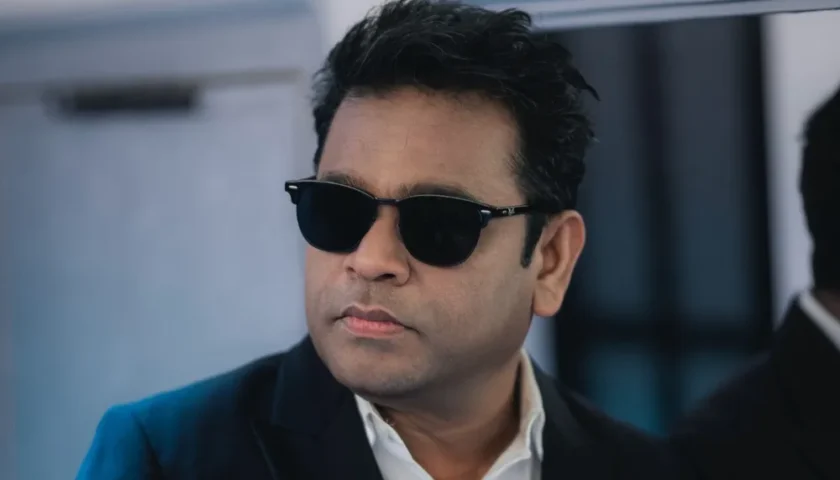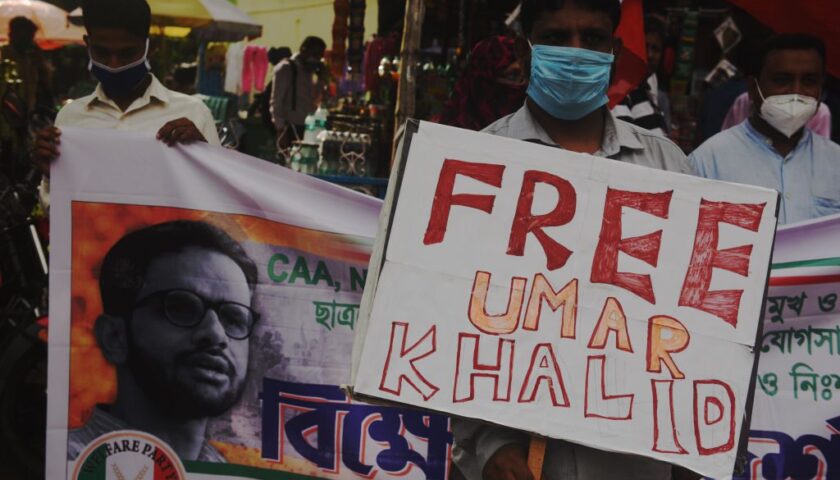The result shows that the combine, which stalled BJP’s march to victory in 1993, can play spoilsport in 2019.
On the eve of the Lok Sabha bypoll results, United Progressive Alliance (UPA) chairperson Sonia Gandhi hosted a dinner in Delhi that was attended by leaders of two strong regional forces from Uttar Pradesh – Ram Gopal Yadav of the Samajwadi Party (SP) and Satish Chandra Mishra of the Bahujan Samaj Party (BSP) – signalling that the stage was set for a joint onslaught against the dominant Bharatiya Janata Party (BJP).
Sonia’s initiative got a boost on Wednesday with the SP-BSP alliance winning both bypoll seats in UP – Gorakhpur, last represented by chief minister Yogi Adityanath, and Phulpur, vacated by his deputy Keshav Maurya.
The result is a loss of face for Yogi and Maurya as the state government gears up for a month-long showcase of its first year in office. It also shows the BJP that the SP-BSP combine, which had together stalled its march to victory in 1993 not long after the demolition of the Babri Masjid, can still play spoilsport in 2019.
Much water has flown down the Gomti since the violent collapse of the coalition in 1995, when BSP chief Mayawati was allegedly manhandled by SP workers. While Akhilesh has silenced detractors who have been opposing his alliance moves – with the Congress in 2017 and with the BSP in 2018 bypolls — the Congress may learn a lesson from its complete rout in both seats.
Firebrand leader Mayawati, whose party had stayed away from dinner meetings and alliances since the 1996 assembly elections, extended support to the SP but she neither addressed a meeting nor issued a statement in favour of the alliance. It was instead projected as a local arrangement between the two parties.
But now, a winning caste arithmetic under the SP-BSP combination — Nishad, Dalit, Muslim and Yadav communities — can make UP tough for the BJP, which must be particularly rattled by its defeat in Gorakhpur. Political analyst Prof Badri Narain described it as a victory of the “sincere social alliance” between two parties whose workers came together.
Though the BSP changed its strategy primarily because it does not contest bypolls, Akhilesh kept stressing for an alliance. “My father once entered an alliance with the BSP to defeat the BJP, now I am doing so,” Akhilesh said recently. He had also hinted at continuation of the alliance till 2019 polls though contentious issues such as seat sharing may need some deft handling.
Phulpur, once the stronghold of the Congress and won by Jawaharlal Nehru three times, had never been a BJP bastion. Keshav Maurya’s victory in 2014 was the first for the BJP from the seat. But Gorakhpur is Yogi’s home turf. He represented the constituency five times since 1998, and before him it was held by his guru Mahant Avaidyanath.
With this victory, political experts believe the grand alliance will now become a reality in UP, where BJP and its allies picked up 73 of the 80 seats in 2014.
“The victory in the UP bypolls would give strength to the belief that together these parties can take on the BJP despite its recent spate of successes,” said HK Sharma, a political science professor at the Allahabad University.




